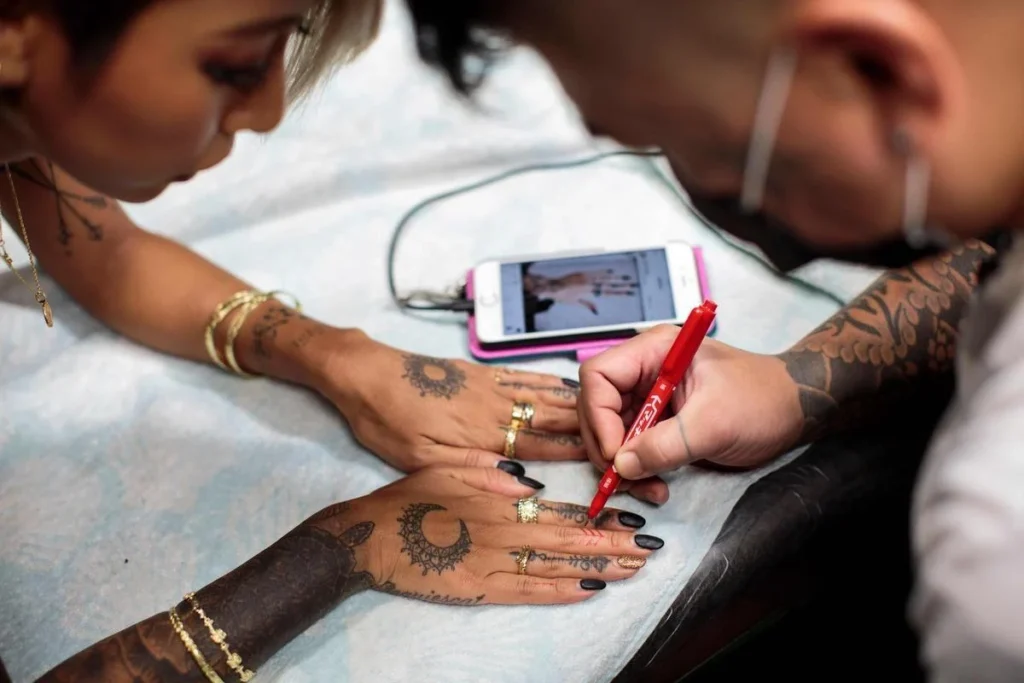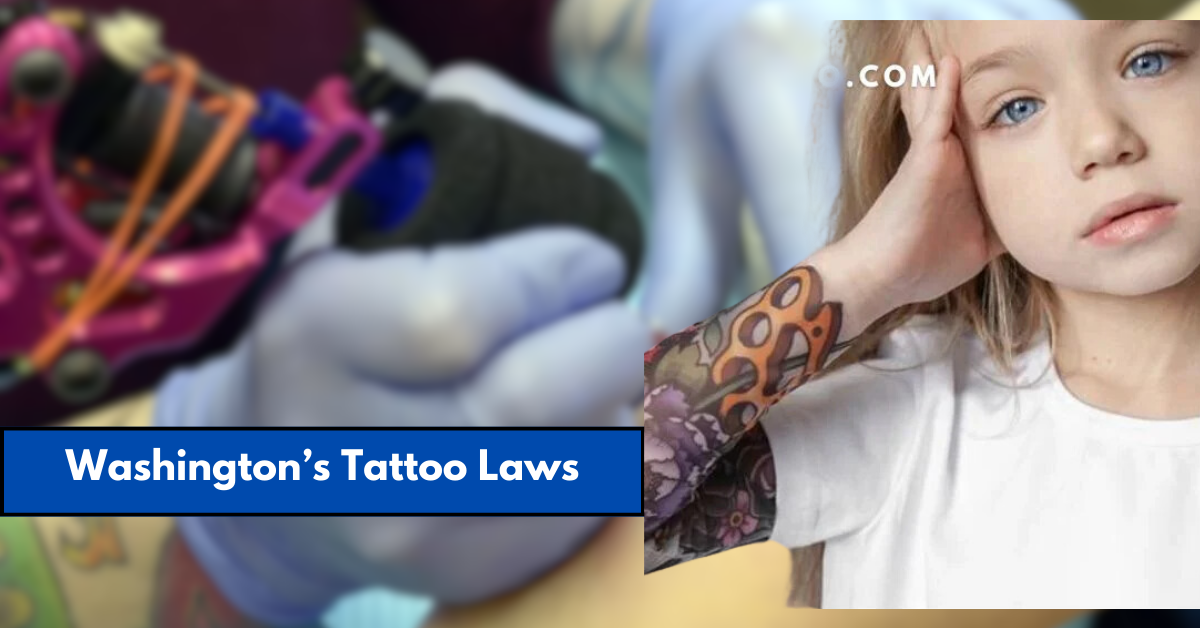Tattoos are a popular form of self-expression, but when it comes to minors, the rules get complicated. Each U.S. state has its own laws regarding tattoos, especially for individuals under 18. Recently, a tattoo artist in Arizona sparked a heated debate after tattooing a 10-year-old girl.
This incident has brought attention to the legal, social, and ethical questions surrounding tattoos for minors. Let’s explore the rules and controversies in detail.
What Are the Age Limits for Tattoos in the U.S.?
In most states, the minimum age to get a tattoo is 18. This age is often tied to the legal definition of adulthood. However, many states allow minors to get tattoos if they have parental or guardian consent. Some states even require a guardian to be present during the procedure.
For instance, in Arizona, minors can get tattoos with parental consent. This was the case for the 10-year-old girl who recently got an American flag tattoo. The tattoo artist defended his decision, stating that it was legal under Arizona law. Despite the legality, this decision has faced widespread criticism online.
States with Strict Tattoo Laws
While some states allow tattoos for minors with parental approval, others have stricter rules. States like California, Georgia, and New York prohibit tattoos for minors, even if a parent agrees. In Washington, for example, it is a misdemeanor to tattoo anyone under 18, regardless of consent.
These strict laws aim to protect minors from making permanent decisions that they may regret as they grow older. Many believe that allowing tattoos for children is inappropriate, as their interests and bodies are still developing.

What’s the Minimum Age to Get a Tattoo in Washington?
In Washington, state law strictly prohibits anyone under the age of 18 from getting a tattoo. Tattooing a minor is considered a misdemeanor offense, regardless of parental consent.
Michael Kasmar, a tattoo artist from Narrows Tattoo in Tacoma, supports this regulation. Reflecting on his own experience of tattooing himself at the age of 12, he highlighted how the placement of tattoos can shift as the body grows and changes over time. “My first tattoo was on my ankle when I was younger, and now, as an adult, it’s in the middle of my calf,” he shared. Kasmar believes that getting a tattoo at a young age often leads to future regrets, as a child’s interests and preferences evolve.
Kasmar firmly stated that he would never tattoo a child, even if it were legally allowed. He agrees with Washington’s law and feels that 18 is the right age for tattoos, as it marks the beginning of adulthood when people are more mature and capable of making lasting decisions.
What Happened in the Arizona Case?
The recent case in Arizona has fueled the debate further. The tattoo artist shared a video on Instagram showing him tattooing a 10-year-old girl. Originally, she wanted a tattoo of Donald Trump on her neck, but the artist convinced her to opt for an American flag on her arm instead.
While the artist stood by his decision, citing its legality, the backlash from social media users has been severe. Many criticized the artist for prioritizing legality over ethical concerns. Others questioned the parents’ decision to allow their young daughter to get a tattoo.

What Should You Know About Tattoo Laws?
Here’s a summary of important points about tattoo laws in the U.S.:
- Minimum Age: Most states set 18 as the legal age for tattoos.
- Parental Consent: In states that allow minors to get tattoos, written or notarized consent is often required.
- Presence of a Guardian: Some states mandate that a guardian must be present during the procedure.
- Strict Laws: States like California and Washington prohibit tattoos for minors under any circumstances.
It’s also worth noting that tattoo shops have the right to enforce their own rules. Some may refuse to tattoo minors, even if state laws permit it.
Conclusion
Tattoos are a lifelong commitment, and the decision to get one should not be taken lightly, especially by minors. While state laws vary, many people agree that setting 18 as the minimum age is a sensible approach.
The recent Arizona case highlights the need for clearer guidelines and ethical considerations when it comes to tattooing minors.
Parents, teens, and tattoo artists must weigh the long-term consequences of tattoos carefully. Understanding the laws and reflecting on the decision can help ensure that tattoos become a meaningful and positive part of one’s life.
This article has been carefully fact-checked by our editorial team to ensure accuracy and eliminate any misleading information. We are committed to maintaining the highest standards of integrity in our content.
Filza specializes in simplifying financial topics for everyday readers. Whether breaking down Canada’s tax guides or U.S. benefits like SNAP and VA Disability, Filza’s relatable writing style ensures readers feel confident and informed. Follow her insights on LinkedIn or reach out via email at shewrites.health@gmail.com.









